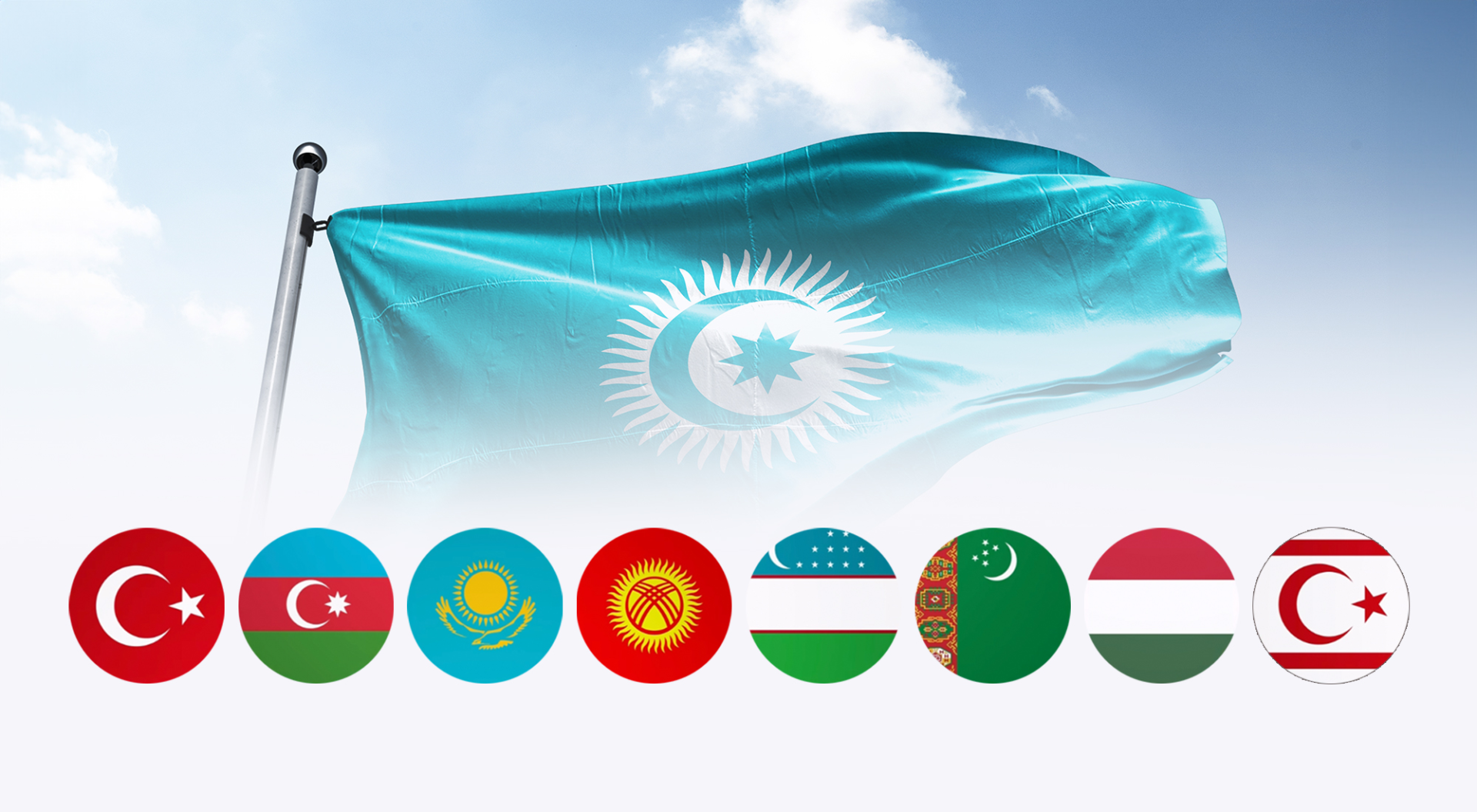WNAM REPORT: The ongoing tension between geography and history in the post-Soviet region leads to distinct models of foreign policy behavior. The summit of the Turkic States Organization in Hungary is not just another regional event; it also serves as an institutional affirmation of the new direction Turkic nations have been pursuing over the past decade. Azerbaijan aims to position cooperation among Turkic-speaking nations not as an alternative to Europe or the Islamic world, but as a vital component of a multilayered foreign policy framework.
Hungary is hosting an informal summit of the Organization of Turkic States (OTS) that will be ongoing until May 21, marking a symbolic and strategic milestone in the bloc’s evolution. For the first time, the summit will be held in an observer state, signaling the expanding geographic and political reach of the organization. Under the motto “Meeting point of East and West,” the event underscores a growing ambition to bridge regions — and Azerbaijan stands at the center of this vision.
In this context, Azerbaijan acts as a bridge connecting Central Asia, Türkiye, and Europe. Relations with Hungary are particularly significant, as Hungary is not only an active observer of the Turkic States Organization but also a transit point for Azerbaijani gas. Furthermore, Hungary serves as an important diplomatic channel for advancing Baku’s interests within the European Union.
Additionally, Azerbaijan’s simultaneous participation in various platforms, such as the Turkic States Organization, the Shanghai Cooperation Organization, and the Contact Group of the Non-Aligned Movement, showcases its ability to maintain a balance between regional and global interests without facing identity conflicts. This diplomatic approach is considered quite rare in the post-Soviet space.
Since the OTS’s founding in 2009, Azerbaijan has played a leading role in shaping its trajectory, particularly in advancing regional integration, economic cooperation, and connectivity. In 2024, Azerbaijan’s trade turnover with OTS countries surpassed $6.8 billion, reflecting its growing weight as a regional economic partner. Strong double-digit growth with Kazakhstan and Uzbekistan highlighted rising mutual interest in deepening trade.
But Azerbaijan’s role goes far beyond commerce. It is at the forefront of institution-building within the OTS. One of the most consequential developments was the launch of the Turkic Investment Fund in 2024 — the first joint financial institution of the OTS. Azerbaijan, alongside Türkiye, Kazakhstan, Kyrgyzstan, and Uzbekistan, each contributed $100 million to the fund, which has since raised its capital to $600 million. The fund is expected to accelerate investment in infrastructure, innovation, and industrial partnerships among member states.
At the heart of the OTS’s geopolitical ambitions lies the Middle Corridor — the East-West transport route connecting Central Asia to Europe via the Caspian Sea, the South Caucasus, and Türkiye. Azerbaijan is the linchpin of this corridor, both geographically and logistically. In 2024, cargo volume on the route rose by 62% to 4.5 million tons. With capacity expected to reach 10 million tons by 2027, the Middle Corridor is rapidly becoming a viable alternative to northern and southern routes.
To support this transformation, Azerbaijan has committed to major infrastructure upgrades. The capacity of the Baku–Tbilisi–Kars railway has grown fivefold, new vessels are under construction at the Baku Shipyard, and Alat Port is being expanded to handle 25 million tons of cargo annually. A new international airport is set to open in Lachin in 2026 — the country’s ninth — further boosting Azerbaijan’s transit potential and reinforcing its role as a logistics hub for the Turkic world.
However, Azerbaijan’s proactive diplomacy and regional leadership give it a unique position within the evolving East-West axis. This is especially evident in the area of green energy cooperation, a new strategic priority for the OTS. At COP29 in Baku, Azerbaijan, Kazakhstan, and Uzbekistan signed a landmark partnership agreement on renewable energy. The initiative aims to integrate national energy grids and develop clean electricity corridors to Europe, aligning with the EU’s decarbonization goals and reinforcing the relevance of OTS countries as energy partners.
Azerbaijan is also driving the OTS’s digital transformation agenda. A 2024 agreement on the Digital Economy seeks to promote e-commerce, digital payments, fintech, and cybersecurity among member states. These initiatives are closely tied to the bloc’s Trade Facilitation Strategy, which includes the introduction of e-invoicing and a unified customs window — tools that will streamline cross-border economic activity.
Further integration is also underway in the financial sector. The OTS has laid the groundwork for a Council of Central Banks, aimed at coordinating macroeconomic policies and enhancing financial resilience. Such a platform could pave the way for deeper monetary cooperation across Turkic economies.
The OTS, once primarily a cultural initiative, is rapidly emerging as a geopolitical and geo-economic actor, with Azerbaijan helping to drive this transformation. Hosting the summit in Budapest, an observer state, demonstrates the bloc’s widening appeal and its intent to balance relations between East and West.
These achievements are drawing global attention. The European Union has recently ramped up its engagement with Central Asia, signaling a growing appreciation of the region’s strategic importance. During the April 3–4 EU–Central Asia summit, the two sides agreed to elevate their relationship to a strategic partnership, with particular focus on raw materials, transport, green energy, and digital connectivity. The EU pledged €12 billion in investments and signed €365 million worth of infrastructure and environmental deals under its Global Gateway strategy. Moreover, the ‘Northern Cyprus issue’ could also be discussed during the summit, considering it was labelled as a ‘test’ or a ‘crackdown’ among the organization, despite this one being informal.
Azerbaijan’s role is foundational to this transformation. Its strategic location, vast investments, and diplomatic foresight position it not just as a connector of regions — but as a leader shaping the future of the Turkic world. As the Budapest summit approaches, Azerbaijan’s influence is likely to be further reinforced, setting the stage for a new era of cooperation, connectivity, and shared strategic purpose.


